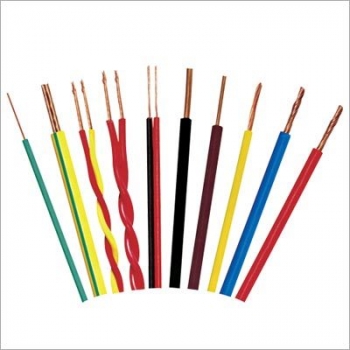The Amateur's Guide To Basic House Wiring And Other Repairs

Be it adjusting the knobs on our television remote or fitting light bulbs in our bathrooms, all of us have tried our hands at repairing or adjusting electrical equipment, with precaution. Many believe that basic knowledge of handling wires and a do-it-yourself manual is enough to get one started with smaller electrical experiments. However, in their enthusiasm to learn something new, people forget that electricity flows freely, and mishandling it can lead to accidents, or even death. Be it house wiring or repairing of electrical appliances, with sound knowledge on electrical operations, one can make small repairs without risking their lives. In this article, we'll equip you with basic tips that you need to follow while operating electrical devices.
The first thing you need to remember while handling any electrical equipment or inspecting wires, is to check the power source. The main power outlet should be turned off and the plugs of the machines should be removed from their sockets. Secondly, you should wear protective gear like rubber gloves and slippers, safety glasses and dust masks. Never touch any electrical appliance directly, always use a quality tester to check the electrical unit or the appliance. If you want to inspect wires and cables, then make sure to get enough knowledge about the electrical codes.
Knowing electrical codes is very important, when it comes to checking wires and cables in electrical circuits. Electricity can be dangerous; if handled incorrectly, it can put both your life and that of your family members in jeopardy. Hence, learn about the local codes and regulations, and follow them religiously. When it comes to electrical house wiring, there are three basic components that you need to familiarize yourself with – the service entry, panel board and branch circuits. The service entry should be 10 feet above the ground, and refers to the main power grid of your home. The panel board is the control center that distributes electricity to other appliances. The branch circuits refer to those areas, where electric current is distributed from panel boards.
Last but not the least, it is always advisable to seek the assistance of a professional when it comes to house electrical wiring. An experienced electrical expert will not only know how to replace the worn-out wires, but will also suggest solutions that will increase the life of wiring and prevent electrical damages in future. Moreover, learning by trial and error is a complete no-no with electrical wires, as you never know when you may come in contact with a live wire. Electrical installations require tender care and maintenance. Brisk handling of electrical essentials will not only damage the parts permanently, but can also prove dangerous to your life, if mishandled. Hence, avoid DIY electrical tasks; hire an electrician to do it for you, f you want to ensure safety.
Ashish Poly has immense knowledge on electrical house wiring solutions. He generates awareness by writing articles on safety in electrical and wiring work.
